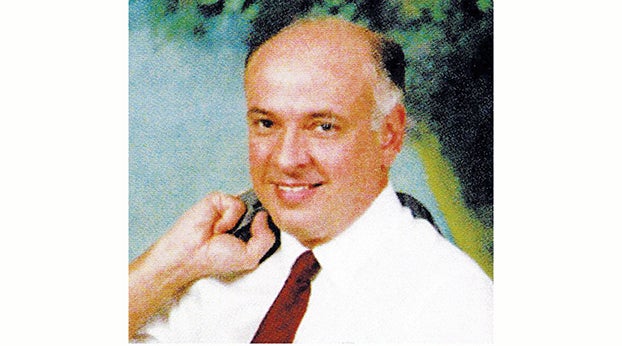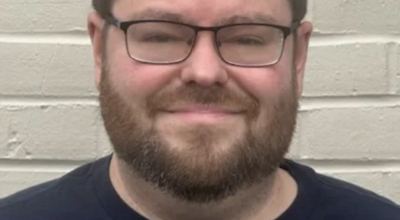A view from the mountains
Published 1:47 pm Wednesday, January 13, 2021

- Bill Hayes
By Bill Hayes
The great Tom Handy of London, a Republican, who was nearly Lt. Governor of Kentucky, and I, a Democrat, from Middlesboro, who people once believed would amount to something, are the only two prosecutors who ever brought a case for voter fraud in Kentucky. Both resulted in convictions. I know something about it because, when I first heard about how it was done, it caught my interest. As a child, I grew up among veterans, real ones, and patriotism was normal behavior. It was a place where a solicitation for vote fraud would have gotten you a bloody nose.
When I first came to the mountains, vote fraud was said to be a nagging problem. Its existence causes people to be reluctant to vote in crooked elections and encourages general corruption. Back then, like the allegations by Sen. Hawley and the President now, the allegations mostly involved mail-in ballots.
Then as now, vote fraud required a coordinated effort of several steps and an operator. Operators were people who solicited those who might be susceptible. They approached the prospective voter or were approached by that voter. The deal was made. The voter, then for whatever promised consideration, requested an application for an absentee ballot, either by mail or in person. It was mailed by the County Clerk to the voter’s address. If it were sent to the operator’s address, the corruption could have been traced to the vote buyer or his candidate.
Once the application arrived the operator went to the voter’s address and usually helped fill it out. Often these voters were disabled or otherwise low functioning. The operative had postage stamps with him. The application was stamped and mailed. The clerk returned a mail-in ballot and the operator visited the voter once more. He obtained the ballot in blank or properly marked. The consideration for the vote was paid, the ballot taken by the operative and mailed. In this way, the buyer could be sure how the ballot had been marked and that he’d gotten what he paid for.
It was so labor intensive that not many votes were obtained this way. But in a close race it might make all the difference.
Nowadays, vote by mail is much better. The voter has control of the process. He either goes to the clerk in person or orders his ballot Online. It is shipped to his address. When it arrives, it is marked and returned, pre-posted. Votes still have to be bought or fraudulently requested one at a time.
When I was elected Commonwealth’s Attorney by 57 votes out of 13, 500, I determined to stop the fraud. The state police brought a case against a local official taking absentee ballots from Kentucky to be voted by Tennessee residents across the nearby Southern border. They had once been Kentucky residents and were still registered here. They were paid, the ballots marked and mailed. Handy’s case was similar. And juries convicted them each in 20 minutes.
Those very public convictions put a damper on the practice. But in the end, only a small percentage of votes could be obtained this way. And very few elections were ever decided by it.
The only other place where vote fraud can occur is inside the clerk’s office once the ballots have been returned. No one can know for whom they are marked until they are opened, run through the counter and tallied. At this time, there can’t be any change to the votes, as the ballots are marked and have to equal the number received. If the number of ballots voted match the number received then there is no fraud. The stories of a suitcase full of ballots marked for a candidate and thrown away is simply fiction. There is a room full of people watching this whole process. They represent all parties on a particular ballot.
There is liability so the process is precise.
That is why there may be allegations of fraud but never any cancelled checks, no thousand ballots delivered to or taken from one address, no ballots in the dumpster. The practice and the right to vote is so individual that fraudulent voting is impossible in any significant number. The method and practice of counting the vote is so observed and accounted that any proof is obvious. Losing a close election is painful. I know, I’ve done it several times. But, howling about fraud when you just don’t have enough votes to win is the kind of thing that can, in the end, cost us the right to vote.
Like the old-timers used to say, “Don’t put your name out there if you can’t take a beating. Because, sooner or later, you’ll get one.”
A View From The Mountain is written by Bill Hayes. Hayes is a trial lawyer and former prosecutor practicing law in Kentucky and the Eastern District of Tennessee with an office view of the Virginia mountains. He is a former member of the Kentucky Democratic State Executive Committee. Hayes lives in Middlesboro, Kentucky with his wife Charity and their two children.






